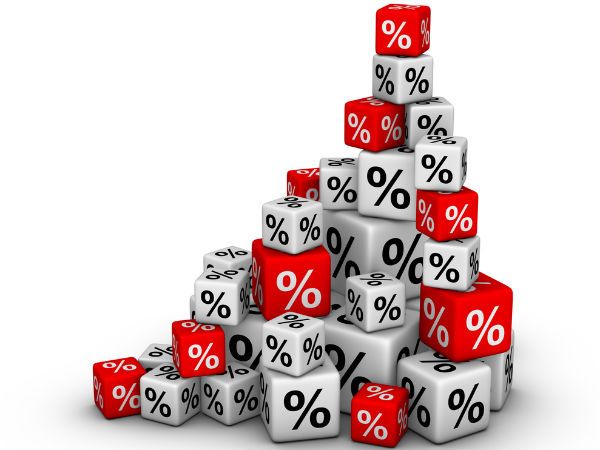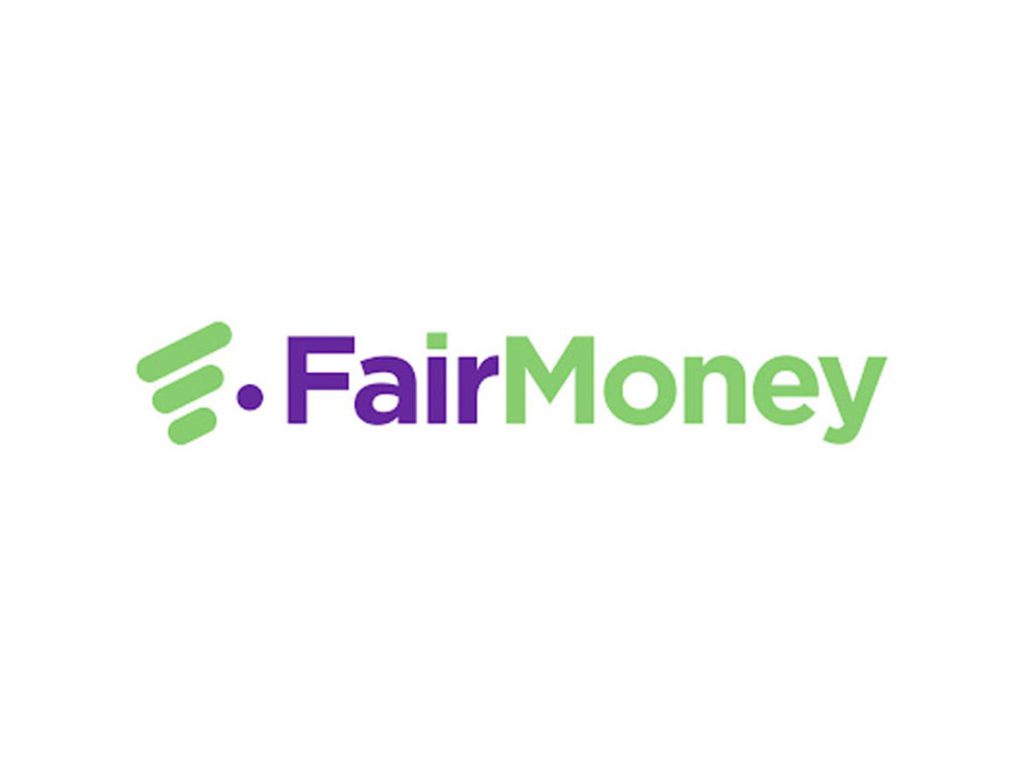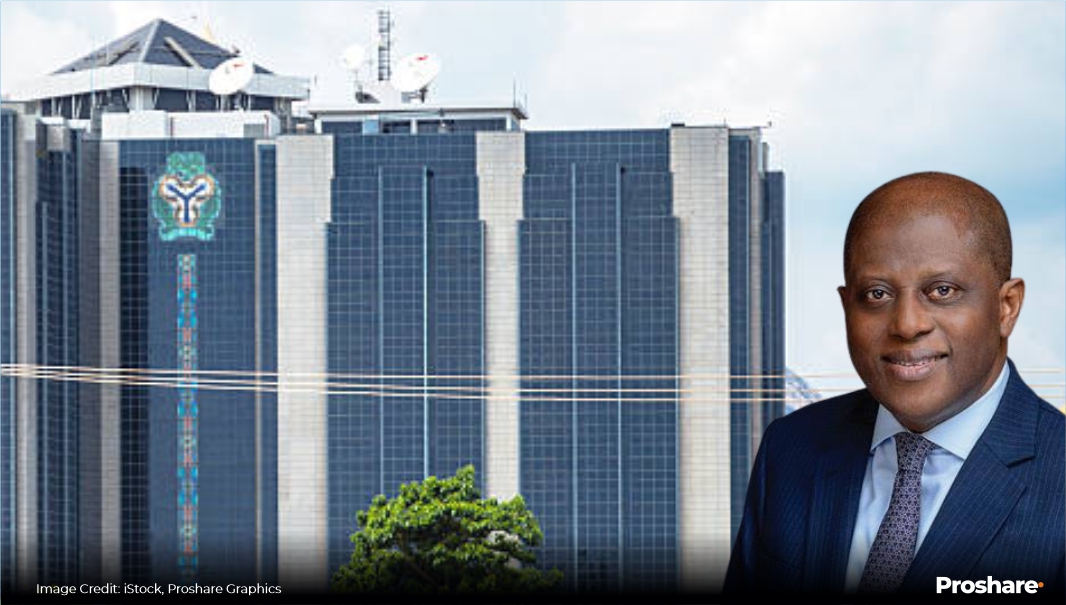
By Modupe Gbadeyanka
Fitch Ratings has disclosed that stress test results of the Central Bank of Nigeria (CBN) on the country’s commercial banks highlight disparities in capital strength across the sector, with large banks collectively much more resilient to stresses than small ones.
The results, published on 5 April, show that medium and large banks collectively could withstand a 100 percent increase in non-performing loans (NPLs) but small banks (assets less than N500 billion) would struggle to withstand even modest NPL deterioration.
Fitch said in its own assessment of the banks it rates, which are mostly large (assets more than N1 trillion), capacity to absorb losses through capital varies considerably.
“Zenith Bank Plc is stronger than the rest, while capital weaknesses at First Bank and Diamond Bank have a significant influence on their ratings,” Fitch said in a statement issued on Friday.
“All Nigerian bank ratings are in the highly speculative ‘B’ range, but even so capitalisation is an important differentiator. The scores we assign, based on capitalisation and leverage metrics across the sector, are low, but vary considerably,” it added.
The central bank’s stress tests assessed the ability of banks’ capital adequacy ratios to withstand a number of credit shocks.
These include a general rise in NPLs, specific deterioration among banks’ five largest obligors and defaults in the oil and gas loan portfolios.
As a group, small banks were particularly badly hit in the stress tests. They already had very weak starting capital positions, with an average capital adequacy ratio (CAR) of just 3.14 percent at end-2016, following sharp falls in 2016 due to rises in NPLs.
Medium and large banks had stronger starting positions, with CARs of 12.75 percent and 15.47 percent, respectively, at end-2016.
CBN figures show that NPLs represented 14 percent of total sector loans at end-2016, a very sharp increase on 5.3 percent at end-2015.
Unreserved NPLs represented a high 38.4 percent of total end-2016 regulatory capital (end-2015: 5.9 percent), signalling considerable weakening in the overall capital position of Nigeria’s banking sector.
Reported NPL ratios do not tell the whole asset quality story. Restructuring, particularly of loans extended to the troubled upstream oil sector, is fairly common practice in Nigeria, and restructured loans at some rated banks account for as much as 20 percent of total loans.
“Not all restructured loans will go bad, but in our opinion the portfolios are higher risk, suggesting that capital buffers at banks may be weaker than reported ratios suggest. The oil and gas sector accounts for 30 percent of total banking sector credit in Nigeria.
“Not all news relating to capital at Nigerian banks is negative. The banks remain profitable, with results boosted by wide margins and currency revaluation gains, large in some cases. These are one-off gains but they have been realised and provide a strong boost to capital, which is positive, especially in light of weak asset quality.
“The quality of management at Nigeria’s leading banks is solid. Our discussions with management highlight that steps continued to be taken to strengthen capital and address loan-quality issues during 1Q17,” Fitch said.





























